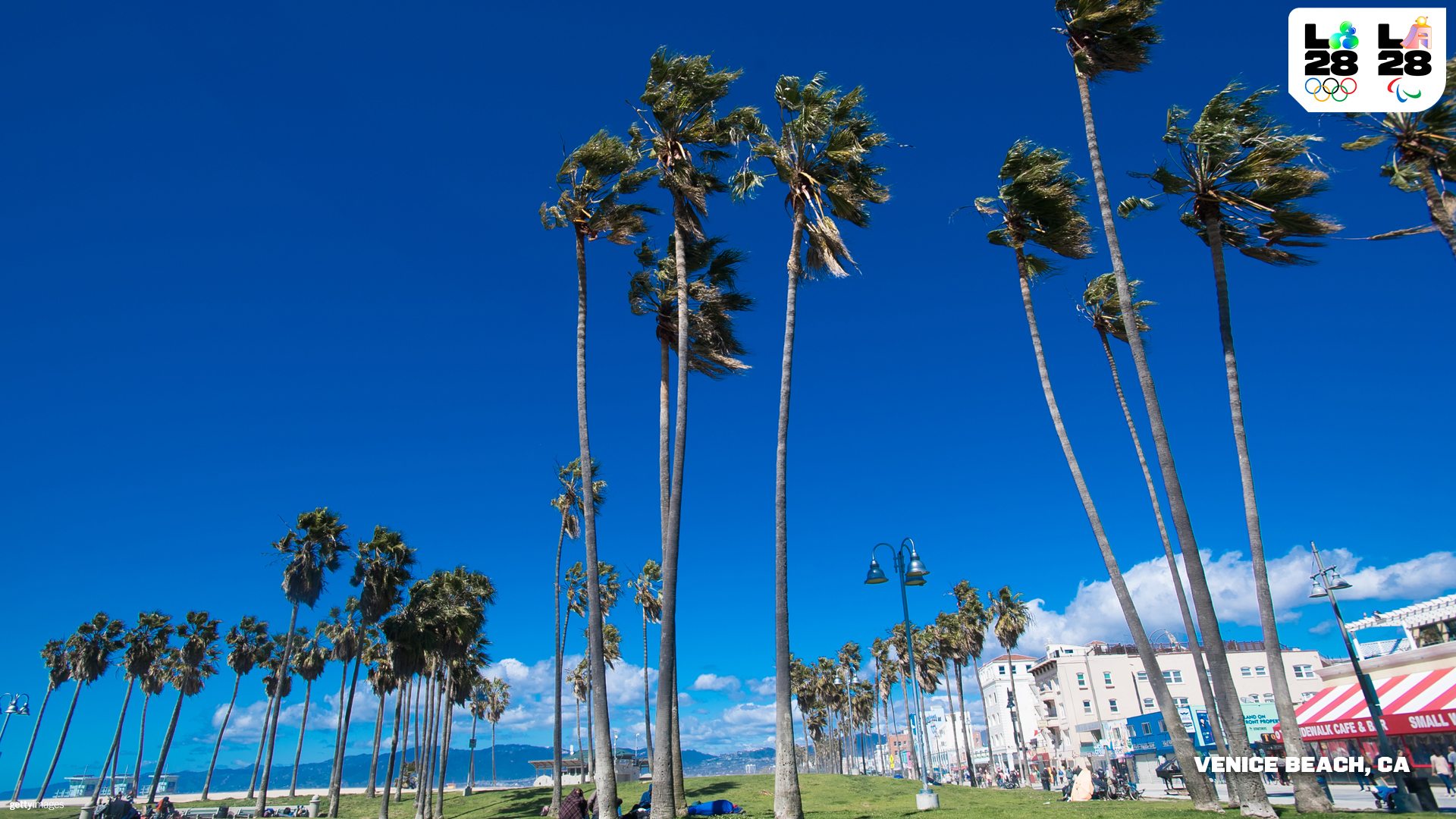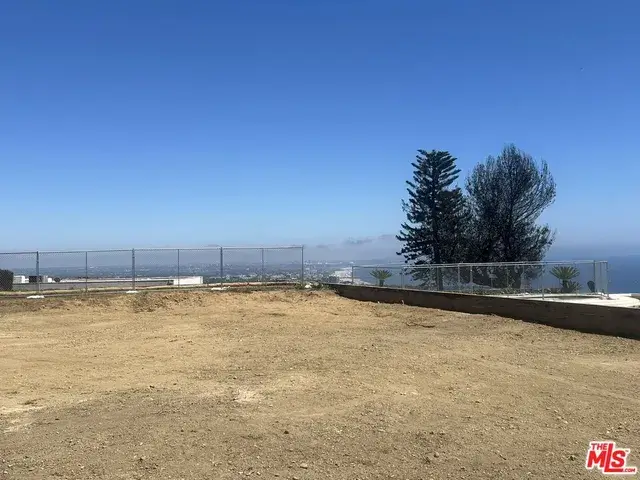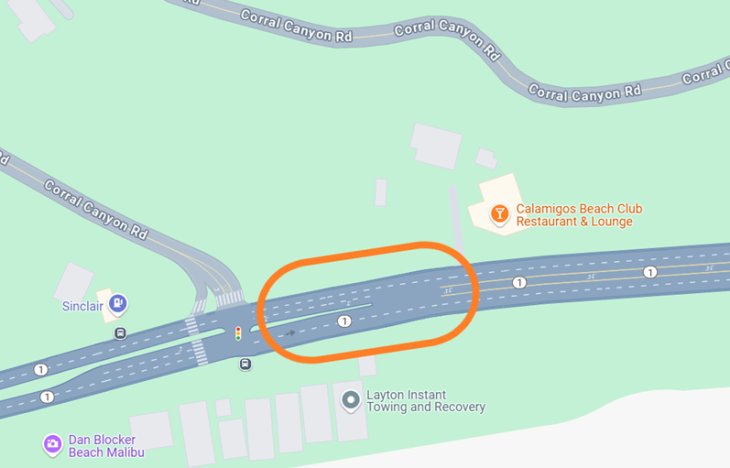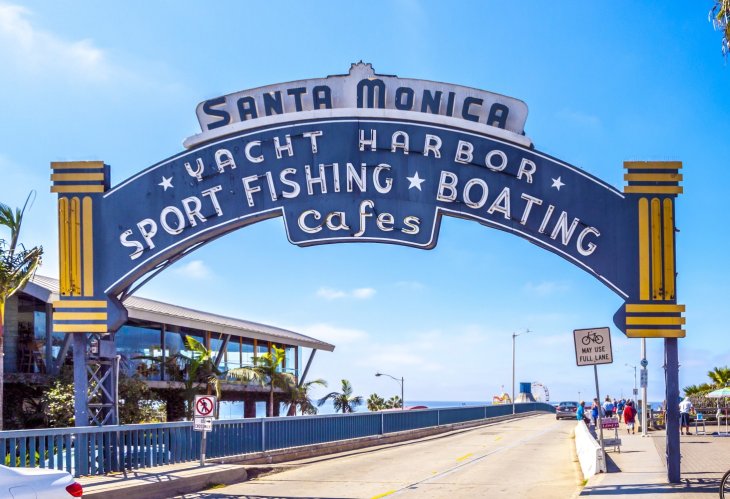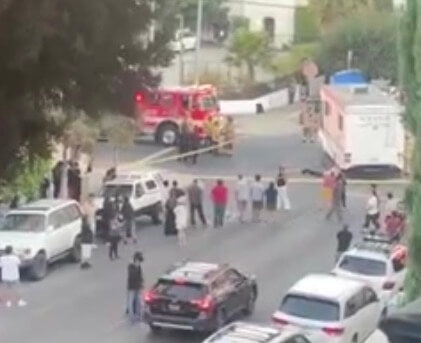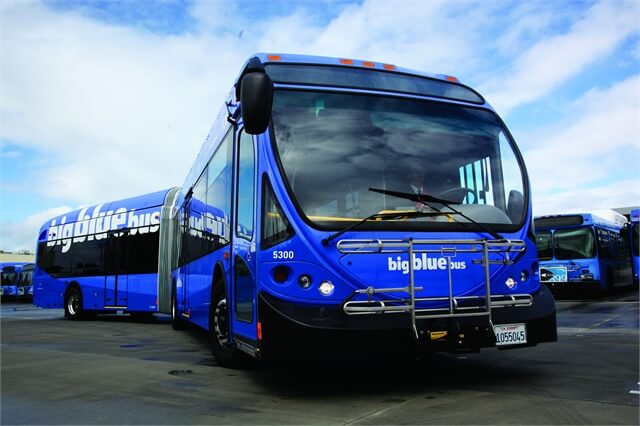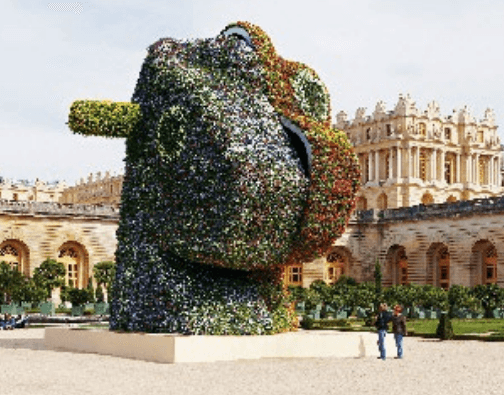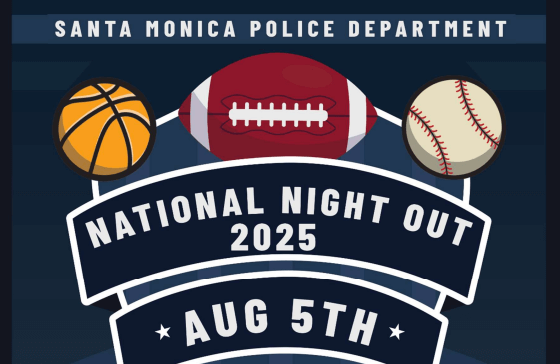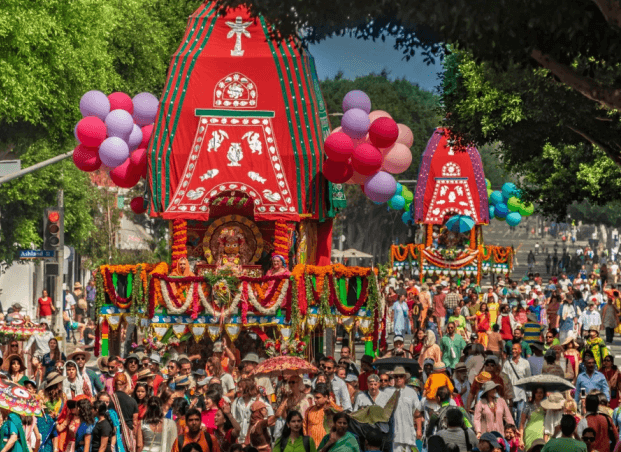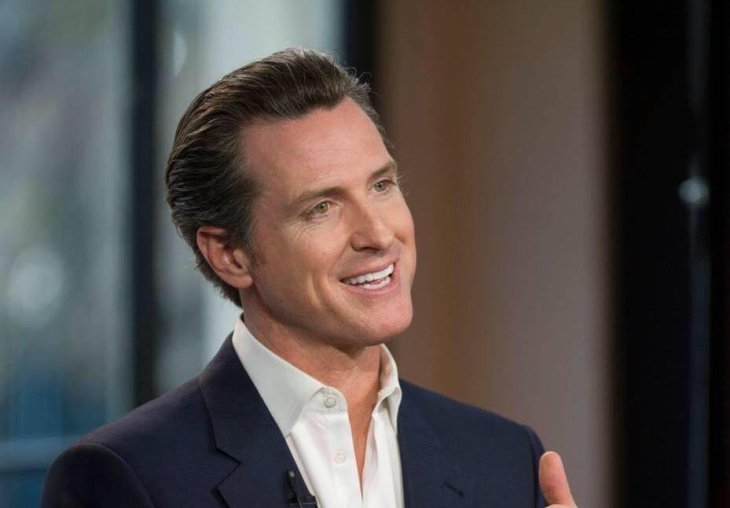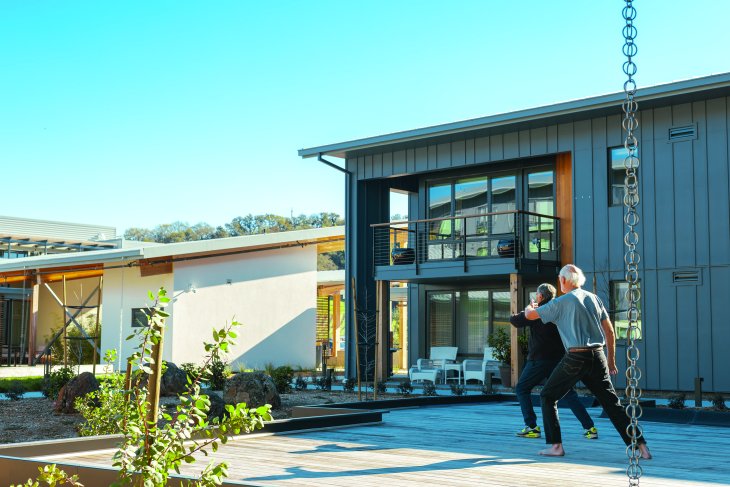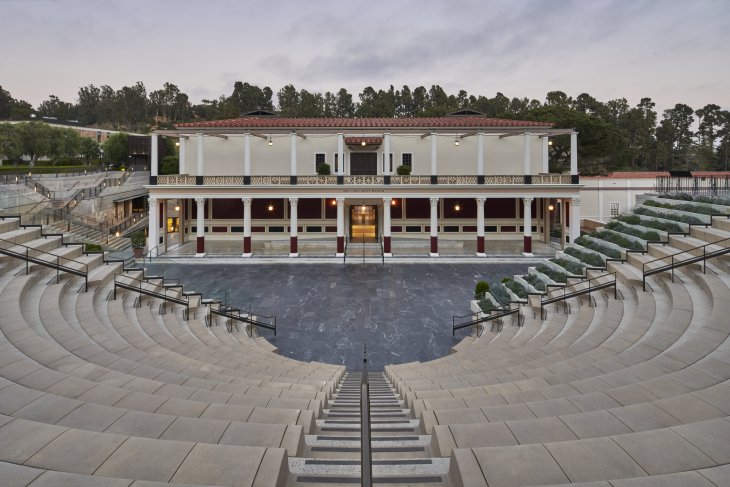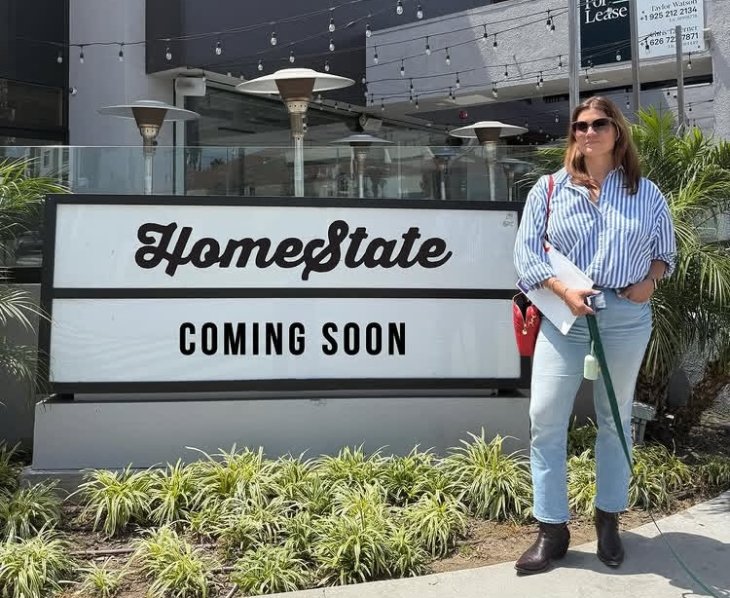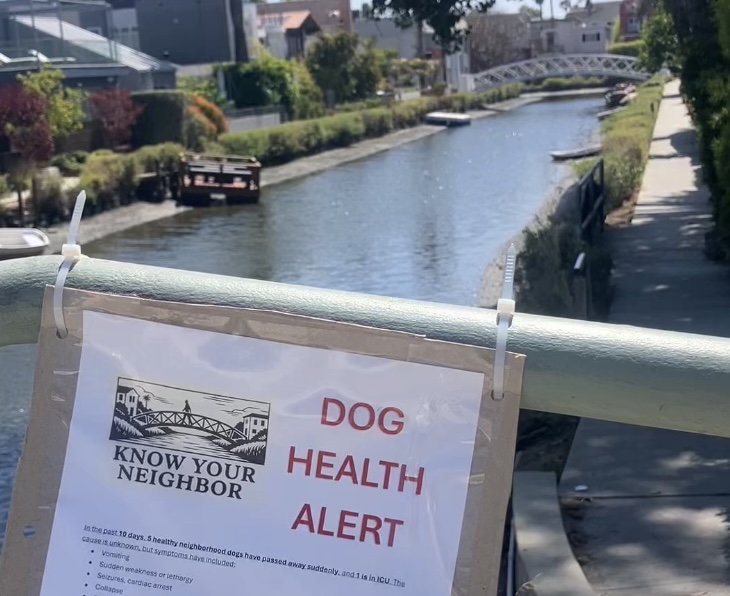Councilwoman Traci Park and LA28 leaders promise local engagement, minimal disruption, and a showcase of the neighborhood’s cultural identity
LA Councilwoman Traci Park and LA28 Chief Operating Officer John Harper outlined plans for Venice Beach’s role in the 2028 Summer Olympics during a CD11 Virtual Town Hall on Wednesday, emphasizing the neighborhood’s hosting of triathlon, marathon, and road cycling starts while addressing community engagement and logistical concerns.
Park, a longtime Olympics advocate, highlighted Venice’s selection for three events, noting her efforts over the past two and a half years to bring the Games to the Westside. “Venice is one of the most iconic destinations in all of LA,” she said, reflecting on her visits to Paris in 2024 to study Olympic preparations. She stepped down as chair of the city’s Olympic committee after January’s wildfires shifted priorities but remains enthusiastic about the opportunities, including fan zones and hospitality houses.
Harper noted the events will be spread over weeks, not simultaneous, to minimize disruption, though specific schedules and routes are still pending approval from the International Olympic Committee. The skatepark should remain open to the public throughout the Games, he added. LA28 plans to engage the community through volunteer programs and pre-Games activities like training and hospitality initiatives.
Audience questions focused on enhancing the Olympic experience. One resident proposed displaying international flags along Oceanfront Walk and a “Hands Across Venice” fundraiser for local nonprofits, which Park supported, citing collaboration with Rec and Parks for bold logistics. Harper welcomed the ideas, noting they align with ongoing spectator experience planning, though commercial aspects are guided by the IOC.
Another attendee inquired about test events, spectator access, and volunteer opportunities for CD11 residents. Harper said the volunteer program, expected to exceed Paris’s 45,000 volunteers, will launch in about 18 months, with preferences for local assignments under consideration. Test events depend on national and international federations, and spectator access details await finalized routes.
One resident emphasized Venice’s cultural significance. Having proposed a Grand Canal parklet years ago, they urged improvements to icons like pagodas and lifeguard stations, noting, “We need to make Venice proud of its uniqueness and artful history.” Park agreed, saying, “Venice is the heart of arts and culture in Los Angeles… our street art, beach culture, skateboarding, volleyball, rollerskating, music, and history are all fair game to feature in our programming.” Harper added that LA28’s ongoing listening series aims to integrate this ethos into the Games’ strategy.
On sustainability, Park and Harper addressed aligning with city goals through a working group finalizing its strategy since 2003, focusing on radical reuse of venues. Park emphasized using the Olympics’ deadline to accelerate local projects like a proposed mobility hub in Venice to enhance parking and shuttle systems, supporting Mayor Karen Bass’s vision of a car-free Games. Harper detailed transit-first plans with Metro, including buses and trains for spectators, aiming to leave a legacy of changed transportation behavior.

